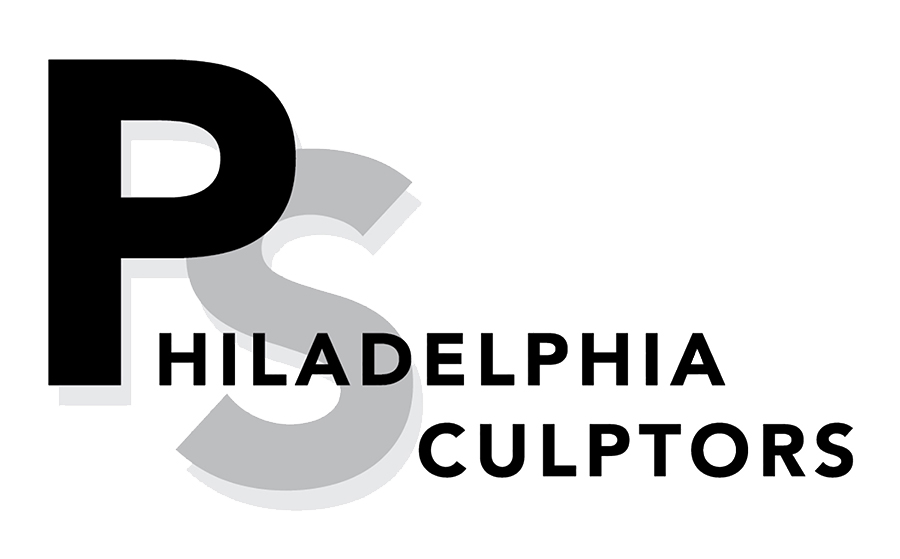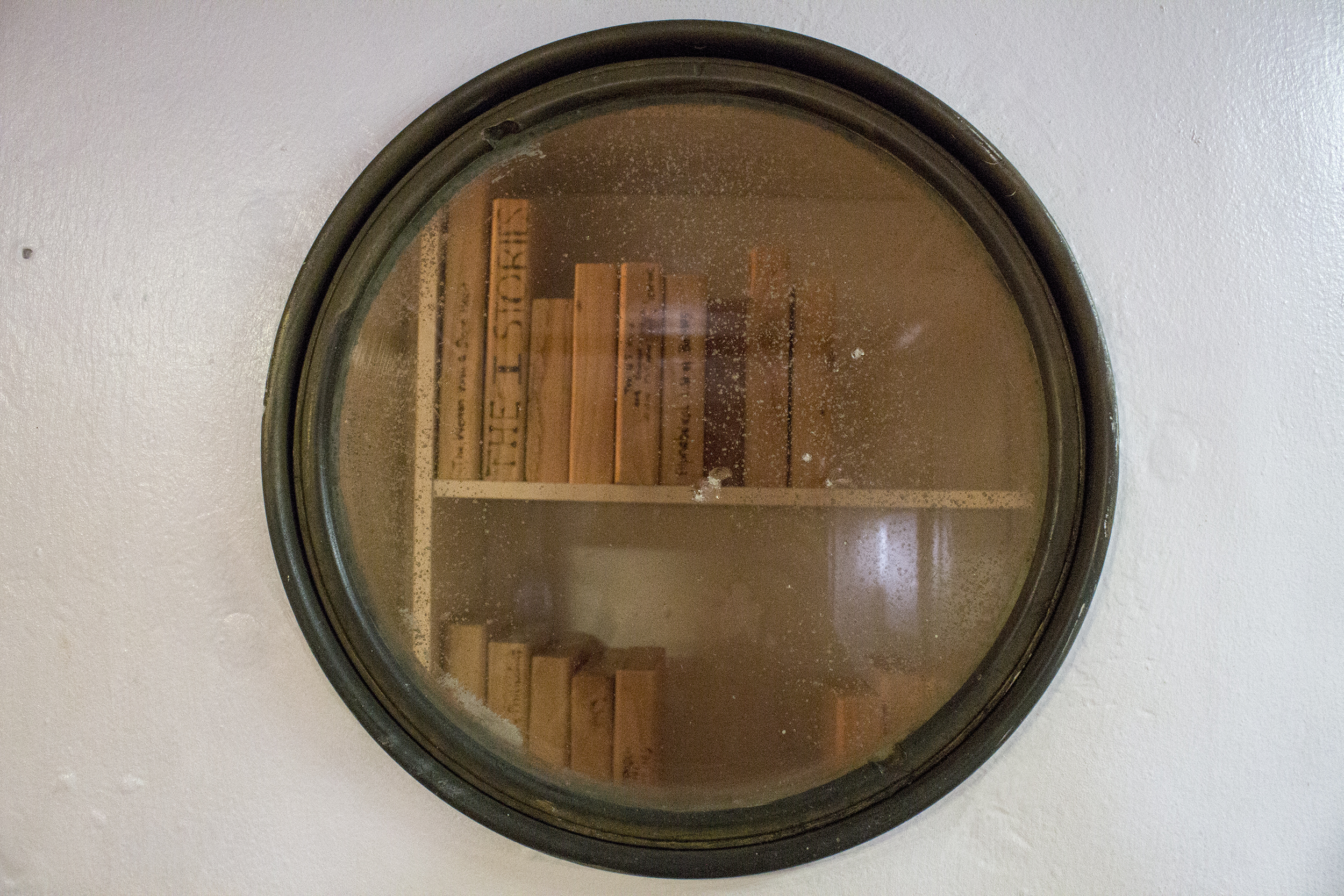Mary Mattingly
Indexing an Imperialism: From Ideologies to Imports
With a focus on food and raw building materials from the Philippines imported to the United States, Indexing an Imperialism: From Ideologies to Imports, consists of a group of sculpted products carved from popular eucalyptus wood and sewn from abaca fibers, by Mary Mattingly and a Filipino artisan (who would rather be called Paul). Meeting in the middle, they sent objects back and forth by boat over the course of six months in order to created a sculpted index of products from the Philippines that are important in the United States. Coconut and sugar cane feature broadly.
In an installation that encompasses the Bakery and the Crew Library, the artistic collaborators created and curated a selection of books, unreadable except for the spines, that evoke the knowledge industry concerning U.S. colonial expansion and imperialism in the Pacific, beginning after the U.S. defeat of the Spanish in the Battle of Manila Bay in 1898. Filled with titles that implicate the United States, these (mostly) nonfiction volumes are but a small fraction of the books that exist on the subject. In the Bakery you will find replicas of foodstuff for sale: coconut oil, water, and sugar, as well as a sample of popular baked goods.
With family from the Philippines, and having spent a significant amount of time in Manila through the smARTpower Project (US Department of State, the Bronx Museum of the Arts, and Green Papaya Art Projects), this work is both personal and political for the artist.
About the Artist
Mary Mattingly creates sculptural ecosystems in urban spaces. She is currently working on a floating food forest for New York called Swale and recently completed a two-part sculpture Pull for the International Havana Biennial with the Museo National de Belles Artes de la Habana and the Bronx Museum of the Arts. Mary Mattingly’s work has been exhibited at the International Center of Photography, the Seoul Art Center, the Brooklyn Museum, the New York Public Library, deCordova Museum and Sculpture Park, and the Palais de Tokyo. With the U.S. Department of State and Bronx Museum of the Arts she participated in the smARTpower project, traveling to Manila. In 2009 Mattingly founded the Waterpod Project, a barge-based public space and self-sufficient habitat that hosted over 200,000 visitors in New York. In 2014, an artist residency on the water called WetLand launched in Philadelphia. It is being utilized by UPenn’s Environmental Humanities program. She also recently installed a partially underwater bridge in Des Moines. She has been awarded grants and fellowships from the James L. Knight Foundation, Eyebeam Center for Art and Technology, Yale University School of Art, the Harpo Foundation, NYFA, the Jerome Foundation, and the Art Matters Foundation. Her work has been featured in Aperture Magazine, Art in America, Artforum, Art+Auction, Art News, Sculpture Magazine, China Business News, The New York Times, New York Magazine, Financial Times, Le Monde Magazine, Metropolis Magazine, New Yorker, The Wall Street Journal, the Brooklyn Rail, the Village Voice, and on BBC News, MSNBC, Fox News, News 12, NPR, WNBC, New York 1, and on Art21’s New York Close Up series. Her work has been included in books such as the Whitechapel/MIT Press Documents of Contemporary Art series titled “Nature” and edited by Jeffrey Kastner, Triple Canopy’s Speculations, the Future Is… published by Artbook, and Henry Sayer’s A World of Art, 8th edition, published by Pearson Education Inc.


